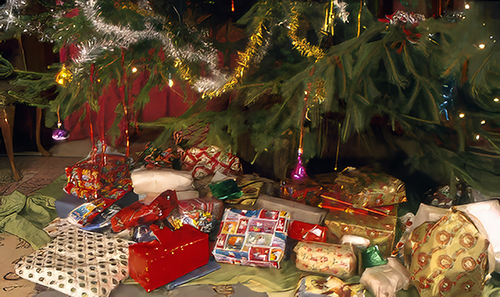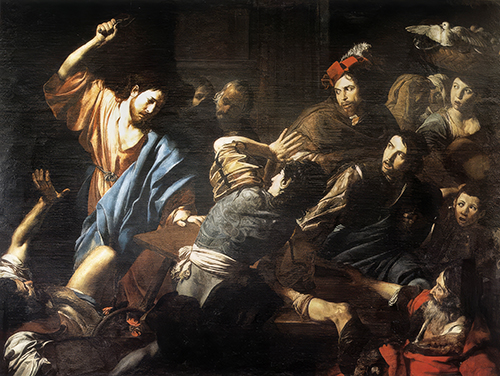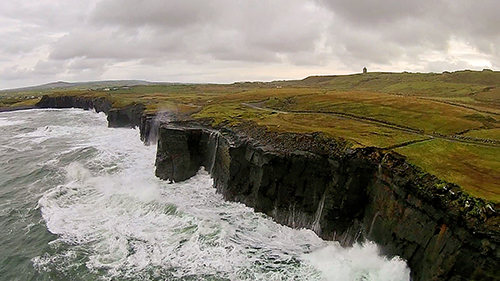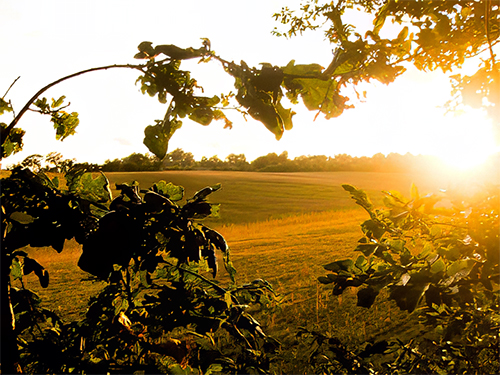
The home in which I grew up in, almost invariably had a real Christmas tree.
It smelt like a Christmas tree!
It dropped its needles as real Christmas trees do.
As Christmas drew nearer and nearer the space under the tree became more and more laden with presents.
Different shapes and sizes, colourful wrapping to attract one’s attention.
Of course, with five brothers and sisters, and Mum and Dad included there was a good number of presents.
There were round ones, and square ones. There were tall ones and short ones.
Each was hidden in their wrapping!
The anticipation grew each day! With eagerness and keenness, the days before Christmas were ticked off!
Why did the days before Christmas take so long?
What lay on the floor under the tree were presents, gifts freely given by another; gifts willing received by another.
In the Second Reading from the letter of St. Paul to the church at Ephesus we read, “For by grace you have been saved through faith, and this is not from you; it is the gift of God; it is not from works, so no one may boast.” (Eph. 2: 4 – 10).
Much like those wrapped presents under the tree, “this is not from you; it is the gift of God.”
Where, did the implication come from that I was responsible for my salvation?
That what I did (and still do!) is the cause of/will aid my salvation?
Where did “earning” God’s love enter my/our theology?
Where did “being good” become the criteria for God loving me?
There’s nothing you have to do. There’s nothing you have to do. There’s nothing you have to do.
Well, there is one thing: to receive a gift you need to open your hands, and in so doing what you are holding needs fall to the ground! (maybe that ability and willingness to open my hands is itself grace!)
God does not love me because I am good: God loves me because God is good!!!




